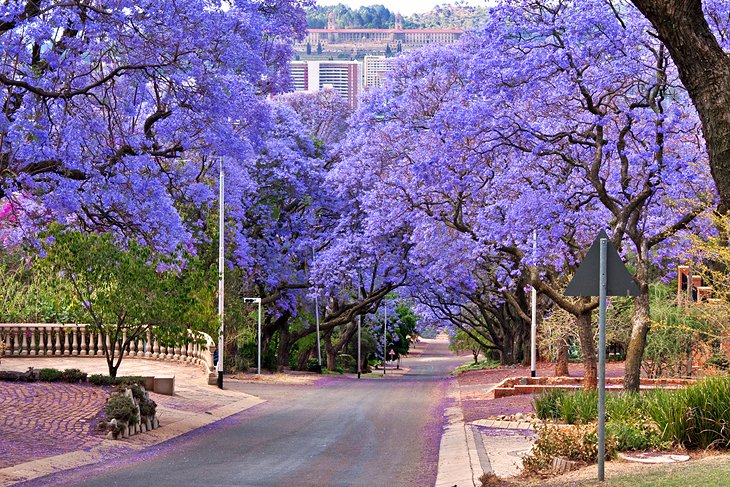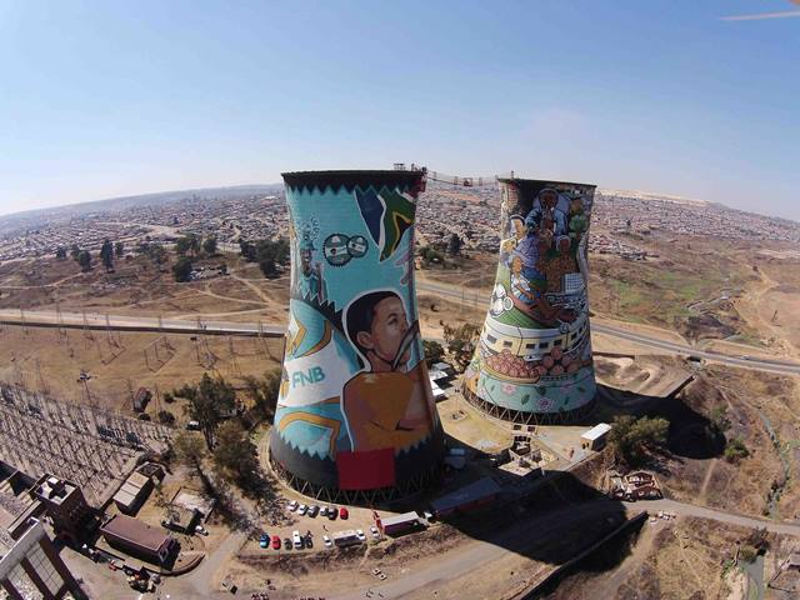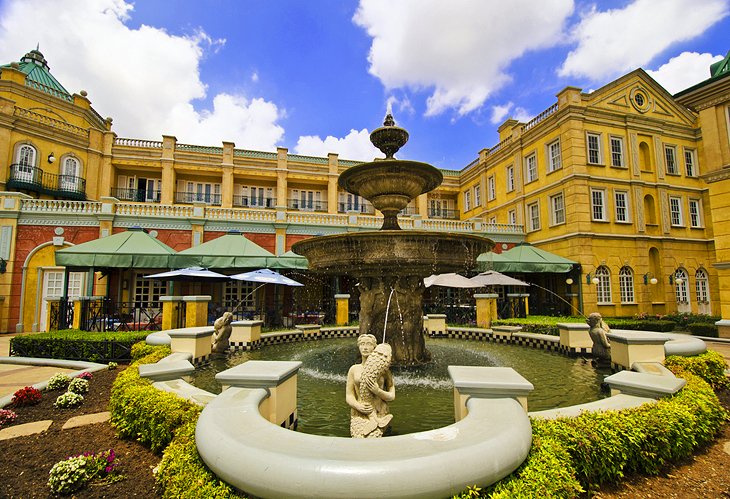The Of Johannesburg North Attractions
The 5-Second Trick For Johannesburg North Attractions
Table of ContentsJohannesburg North Attractions Fundamentals Explained4 Easy Facts About Johannesburg North Attractions ExplainedJohannesburg North Attractions Can Be Fun For EveryoneJohannesburg North Attractions Can Be Fun For AnyoneThe Single Strategy To Use For Johannesburg North AttractionsAll about Johannesburg North AttractionsNot known Details About Johannesburg North Attractions
Nonetheless you must keep protection in mind and tourists need to continue to be alert at all times when in strange environments. Talk to the residents when you are in community to learn about the location you are remaining in. Johannesburg North attractions. When on the road (this doesn't put on mall and other safe and secure settings) ideal basic guidance is to try your ideal to resemble a regional and to avoid displaying any kind of wide range
The smart Trick of Johannesburg North Attractions That Nobody is Talking About
Professor Revil Mason O. J. (Thomson, 1946) discovered the Witwatersrand's pre-colonial history. His archaeological job took off the 'em pty land' myth, according to which the region was devoid of human habitation prior to the arrival of European inhabitants. In his publications Prehistory of the Transvaal: A Record of Human Activity (1962) and Beginnings of Black People of Johannesburg and the Southern Western Central Transvaal Advertisement 3501880 (1986 ), Professor Mason demonstrated the level of social and economic growth in the area before Europeans established foot below.

The Greatest Guide To Johannesburg North Attractions
In 1878, David Wardrop discovered gold in quartz capillaries at Zwartkop, north of Krugersdorp. In 1881, Stephanus Minnaar came throughout gold on the ranch Kromdraai, near the Cradle of Mankind.
In March 1886, a protrusion (quickly to be called the Main Coral reef) was found, fairly fortuitously, on Gerhardus Oosthuizen's ranch Langlaagte. Some state that the Lancastrian coal miner George Walker found this reef. Another itinerant English miner, George Harrison (that had formerly functioned in Australian mines) gotten a prospecting permit in respect of Langlaagte in Might 1886.
He made a decision to relocate on in a quest for greener fields, and disposed of his Langlaagte claim for the princely amount of 10. Alas: underneath lay the wealthiest goldfield ever discovered. The discovery of this abundant auriferous reef prompted a gold thrill that signalled the end of bucolic tranquillity in the southerly Transvaal.
It would, within six years, become the biggest community in southern Africa. Within a years, it would make the Z. A. R. until after that an anarchical and insolvent little state the richest country in Africa. By the millenium, the Z. A. R. was to exceed Russia, Australia and the United States of America to come to be the globe's leading gold manufacturer, producing more than a quarter of the world's gold.
8 Easy Facts About Johannesburg North Attractions Shown
It was understood as Ferreira's Camp, named after Colonel Ignatius Ferreira. He was a Boer adventurer upon whom the British authorities had bestowed the status of Buddy of the Most Differentiated Order of St Michael and St George (qualifying him to the post-nominal letters C. M. G.) in gratitude for his role in the war that had actually deposed the Pedi king Sekhukhune in 1879.
2 other camps were developed: Meyer's Camp on the farm Doornfontein, and Paarl Camp. The latter was nicknamed Afrikander Camp; lots of individuals from the Cape Nest cleared up there.

Getting My Johannesburg North Attractions To Work
This name acquired money by word of mouth, such that the State Assistant affirmed the name to the Mining Commissioner on 9 October 1886. Stands in the town were auctioned on 8 December 1886. While some stands were marketed for 10, others were torn down for as little as sixpence.
2 years later, these erven were to transform hands for as much as 750 each. The tented camps dwindled as a dorp of corrugated iron buildings developed and broadened north of the mines situated along Click Here the Key Coral Reef Roadway. Locations such as Jeppe's Community (where working-class immigrants erected their straight from the source houses) and Doornfontein (where the upscale new 'Randlords' started to build their extravagant homes) were quickly added to the ever-expanding map of the community.
Rumored Buzz on Johannesburg North Attractions
Apart from the road names, there were no indications of Johannesburg being situated in a Dutch-speaking nation. Many years later on, C. W. Kearns O. J. (one of the initial children enlisted at St John's University in 1898) would remember: 'A strange truth concerning Johannesburg was that, although it was in the [Boer Republic], almost every person spoke English and also the Government servants addressed one in English, unless they were very first attended to in the Taal (or Reduced Dutch)'.
Thus, Britain had a rate of interest in making sure ideal problems for gold manufacturing on the Witwatersrand, which the gold was exported to London as opposed to Berlin an essential made all the much more clamant by the Z. A. R - Johannesburg North attractions.'s increasing toenadering with Germany. Mine owners were on a collision course with Head of state Kruger, whose policy of monopolistic giving ins (commonly granted to his cronies) image source prevented mining business from acquiring products of products (especially dynamite) and labour on their very own, less costly terms
The 6-Second Trick For Johannesburg North Attractions
In 1890, the Volksraad had restricted the franchise to white guys who had stayed in the Z. A. R. for fourteen years or longer, therefore invalidating a lot of the immigrants (that happened to be the major contributors to the fiscus). Frustration for the ballot was a plain pretext for advertising a different schedule; many uitlanders regarded themselves as temporary visitors and had no intent of remaining in the Z.